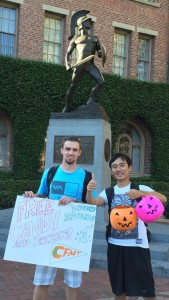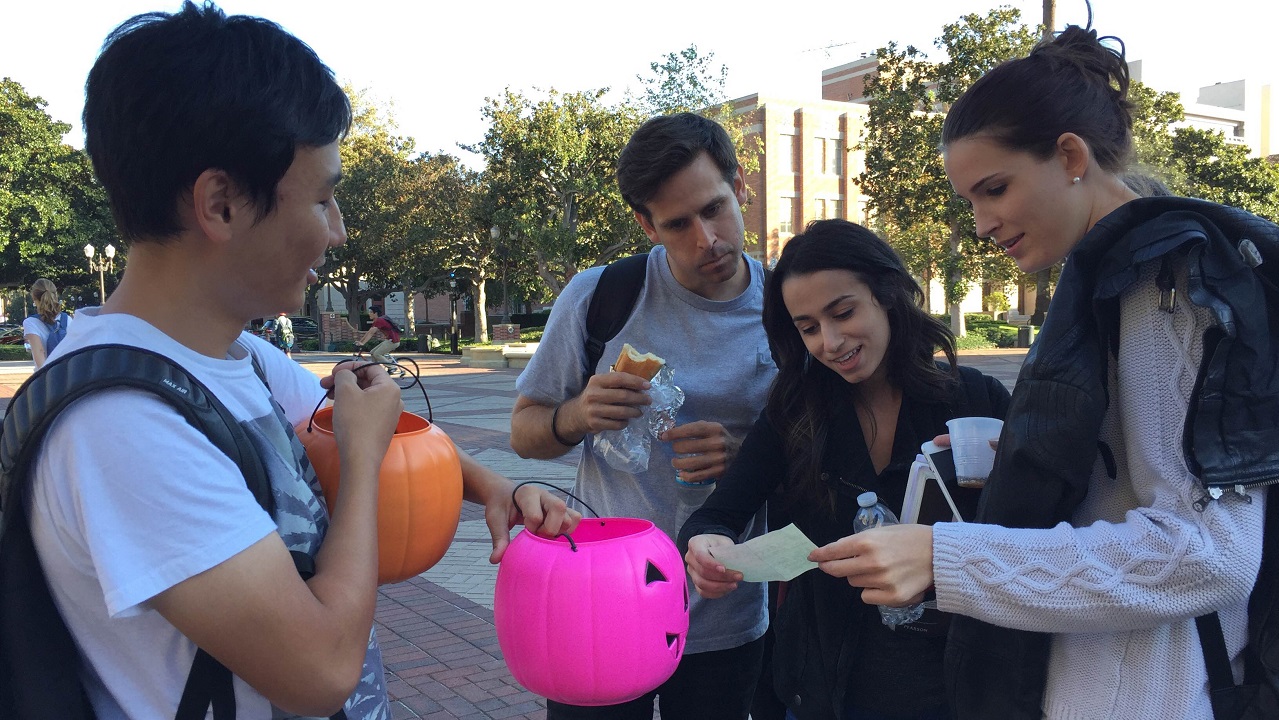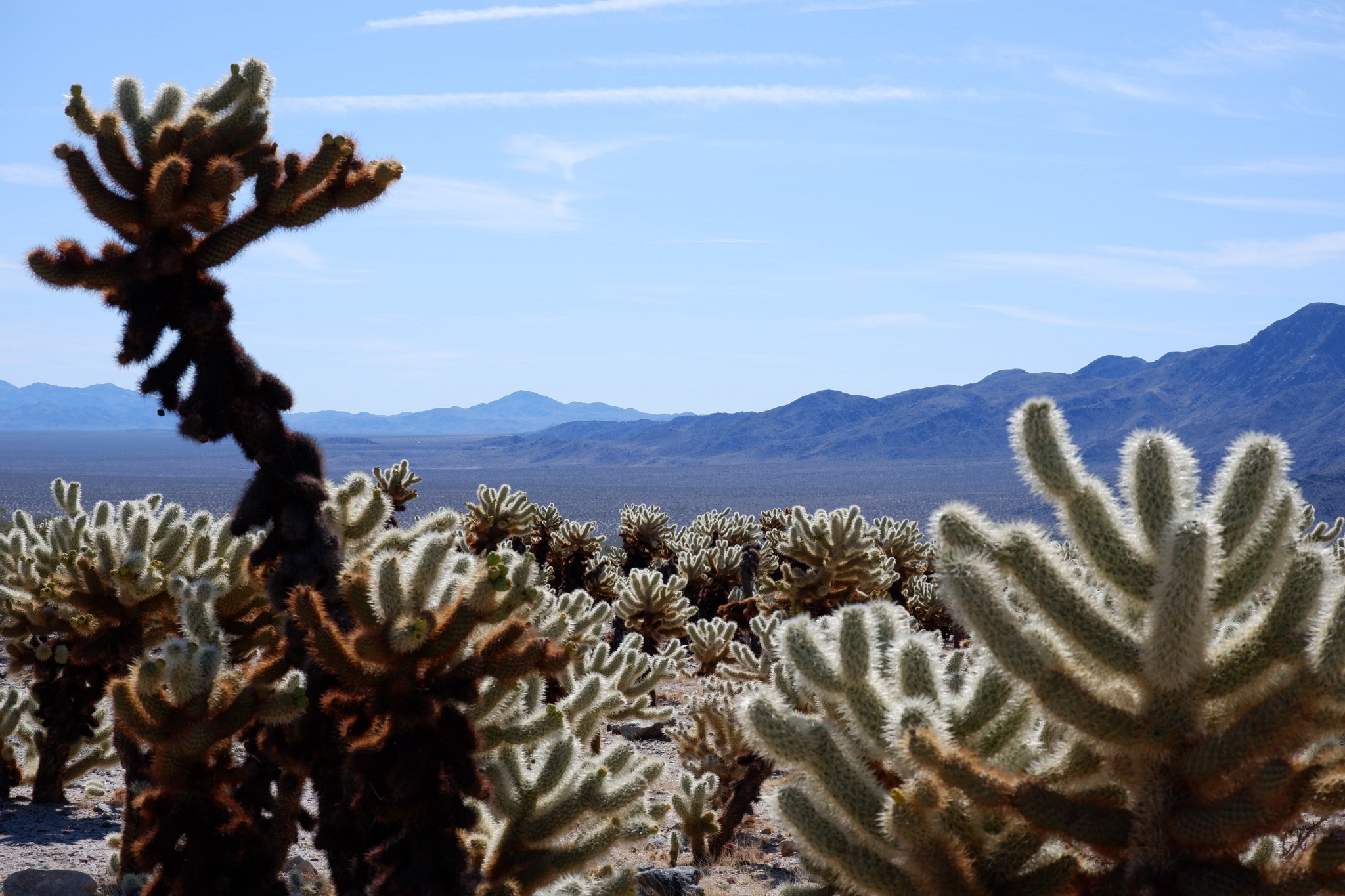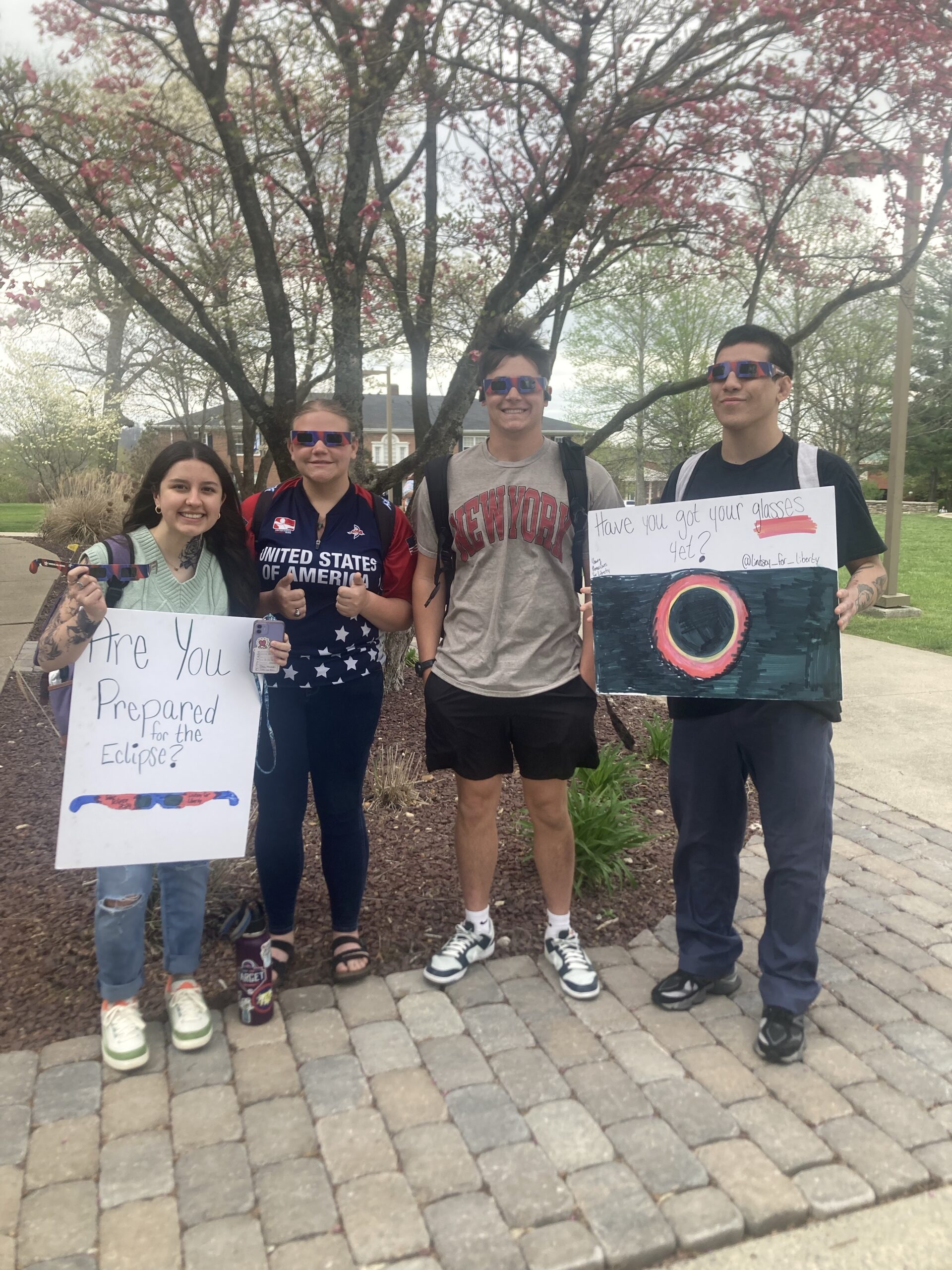We’ll take bad water policy and faulty climate theories for 500, Alex.
 Or at least that is what California’s officials would say if they were playing drought jeopardy with University of Southern California collegians in Los Angeles. Students from USC wanted to challenge the narratives that California’s drought problem is due to climate change and even practices like fracking, which supposedly take up extreme amounts of water. To make it more palatable to their peers, and relate it to Halloween, they gave away free candy and awarded prizes to students who correctly answered a multiple choice question on the drought.
Or at least that is what California’s officials would say if they were playing drought jeopardy with University of Southern California collegians in Los Angeles. Students from USC wanted to challenge the narratives that California’s drought problem is due to climate change and even practices like fracking, which supposedly take up extreme amounts of water. To make it more palatable to their peers, and relate it to Halloween, they gave away free candy and awarded prizes to students who correctly answered a multiple choice question on the drought. 
“It’s so important to start a dialogue on the drought, because it is all anybody talks about here,” said USC sophomore Xiao Liu. “When people are presented with easy to understand facts, it cuts through the dialogue and makes it easier to engage with them on issues relating to the environment and liberty.”
Students chose from a bowl of questions that covered how much the Earth has warmed in their lifetime (0 degrees Celsius), which energy practice uses up the most water (soy biodiesel and ethanol, not fracking), and which species has California wasted 1.4 trillion gallons of water on trying to save with no results (the delta smelt fish)?
Every student asked thought that fracking used the most water, but according to Department of Energy data, fracking only uses 3 gallons of water for every million BTUs produced, while so called responsible alternatives like soy biodiesel uses almost 45,000 gallons of water for every million BTUs produced!
“The point of the event was to get students thinking about the real causes behind the drought, and what other policies we could be pursuing to solve the problem, rather than just taxing people for using water and gas,” added Xiao.
The event was a joint effort of CFACT’s Keep Calm Climate Changes and Frack U campaigns, which aim to educate students on the facts behind climate change and the safety of fracking.



